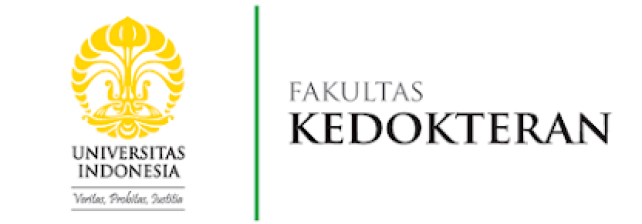Professor from the Department of Pediatric FMUI-RSCM, (Alm) Prof. Dr. dr. Sumarmo Sunaryo Poorwo Soedarmo, SpA(K) received an award from The Ministry of Health as the “Founding Father of Dengue Virus Infection Research in Indonesia”. The award was given straight from Indonesian Ministry of Health, Prof. Dr. dr. Nila Djuwita F. Moeloek, SpM(K), to his wife, Mrs. Ida Farida Buntarman, also accompanied by his daughter, Prof. Dr. dr. Rini Sekartini, SpA(K) on Saturday, July 13th 2019, on IMERI building.
Prof. Dr. dr. Sumarmo Sunaryo Poorwo Soedarmo, SpA(K) was born in Cianjur, on May 20th 1937. He is the son of Prof. Dr. Poorwo Soedarmo, a well-known Professor from Department of Nutrition FMUI, also known as the founding father of the famous slogan “4 Sehat 5 Sempurna”.
Prof. Sumarmo went to a public school in Serang before attending FMUI and graduated in 1961.
His earlier career was as a doctor in The Department of Health Republic of Indonesia, assigned in Kepulauan Seribu. After that, he became an army doctor on 1962-1968.
After that he decided to became a pediatric resident on 1969, and graduated on 1972. He finished his doctoral degree on 1983, and became a tropic infection consultant on 1987, and was appointed as a Professor of Pediatric on 1990, and Professor of Tropic Infection FMUI on 1996. During his career he the head of immunology (1973-1978) and the head of tropical infection (1979-1989).
Prof. Sumarmo wrote 123 scientific paper as the first author, and 65 scientific paper as a second author. He also published a book in Indonesia and also in other countries.
His career as the founding father of dengue infection research in Indonesia started when dengue hemorrhagic fever (DHF) was first found di Jakarta and Surabaya on 1968-1969. Since then, the attention paid to DHF raised significantly. His interest to DHF was mostly to diagnostic and treatment of dengue. He wrote many publications regarding to dengue infection which became a priority in dengue treatment back then.
He once did a 10 years long research on 1970-1980 focused on data collection about burden of disease, including clinical, diagnosis, death, group of age, laboratory findings and serologic findings. He also did a 10 years long research from 1981-1992 with his friends about medication problems, organs involvement, virology aspect, and public health aspect of dengue fever. His next 10 years long project was on 1993-2010 focusing on pathogenesis, plasma leakage, pro-inflammatory cytokine, complement, endotoxin, risk factors of severe dengue, new diagnostic tool and vector study. The latest project was from 2011-now about serotype monitor, vector management, biomolecular aspect, and dengue vaccine.
Dengue vaccine research Is a new innovation as a strategy to managem dengue infection. The main author of this research is Prof. Dr. dr. Sri Rezeki S. Hadinegoro, SpA(K), one of Prof. Sumarmo’s student who’s also a professor in the same department.
Prof. Sumarmo passed away on November 14th 2014. But as Indonesian proverb says “Gajah mati meninggalkan gading, harimau mati meninggalkan belang” which means the legacy someone leave behind will continue to live. Prof. Sumarmo’s name is remembered as the first Indonesian who researched about dengue fever, especially in children.
His researches resulted in Management Guide Book for Dengue Hemorrhagic Fever in Indonesia and around the world. He also contributed in defining severe dengue fever for the World Health Organization.
This award received by (Alm) Prof. Dr. dr. Sumarmo Sunaryo Poorwo Soedarmo, SpA(K) is a huge contribution not only for FMUI, but also for Indonesia. As a part of University of Indonesia, we have to continue to study and innovate to contribute to Indonesian health development. Prof. Sumarmo is an example of how experts should give back to Indonesian community. We are very proud of his achievement. Hopefully, this reward can motivate us to continue being a pioneer in medical research in Indonesia.
(Public Relations FMUI)
